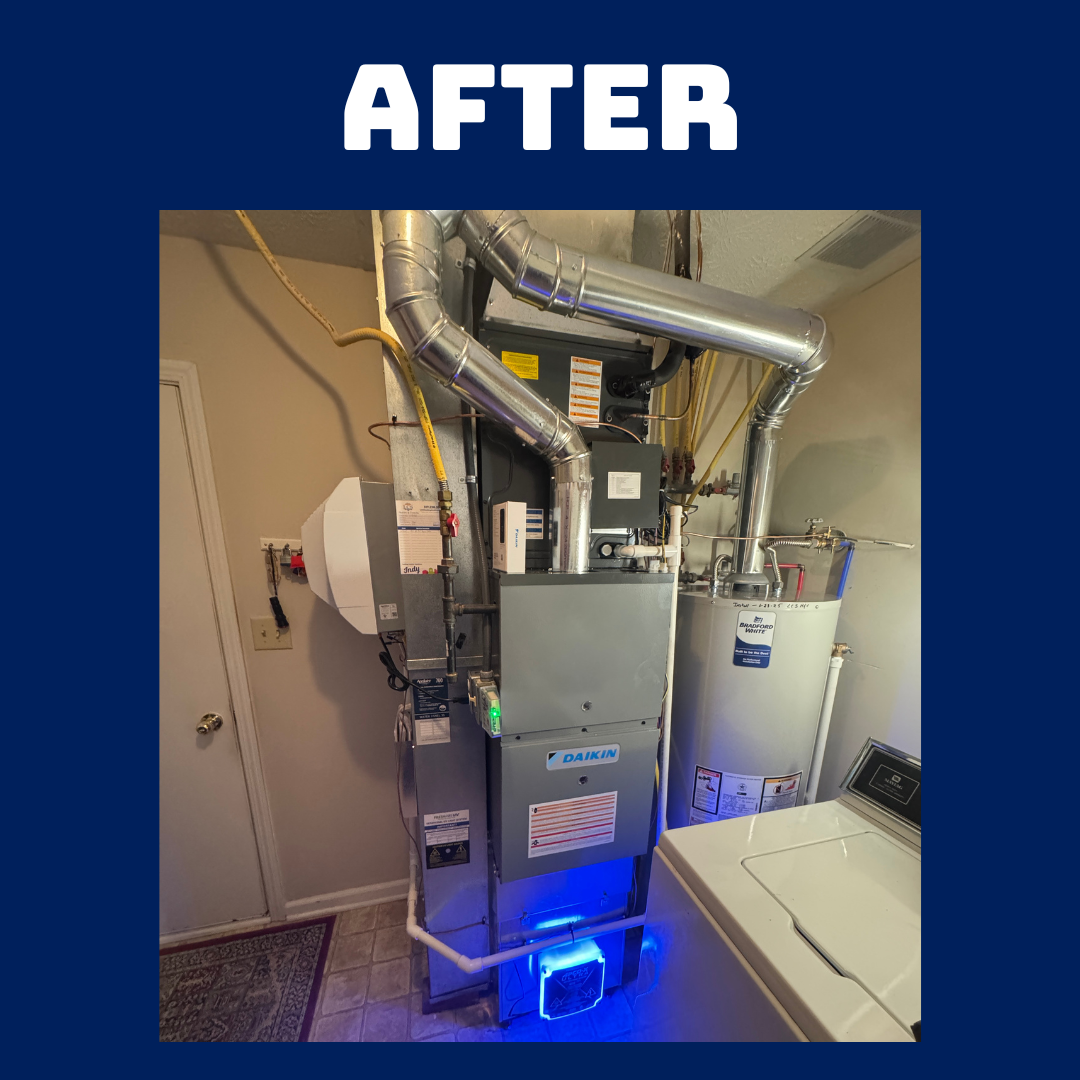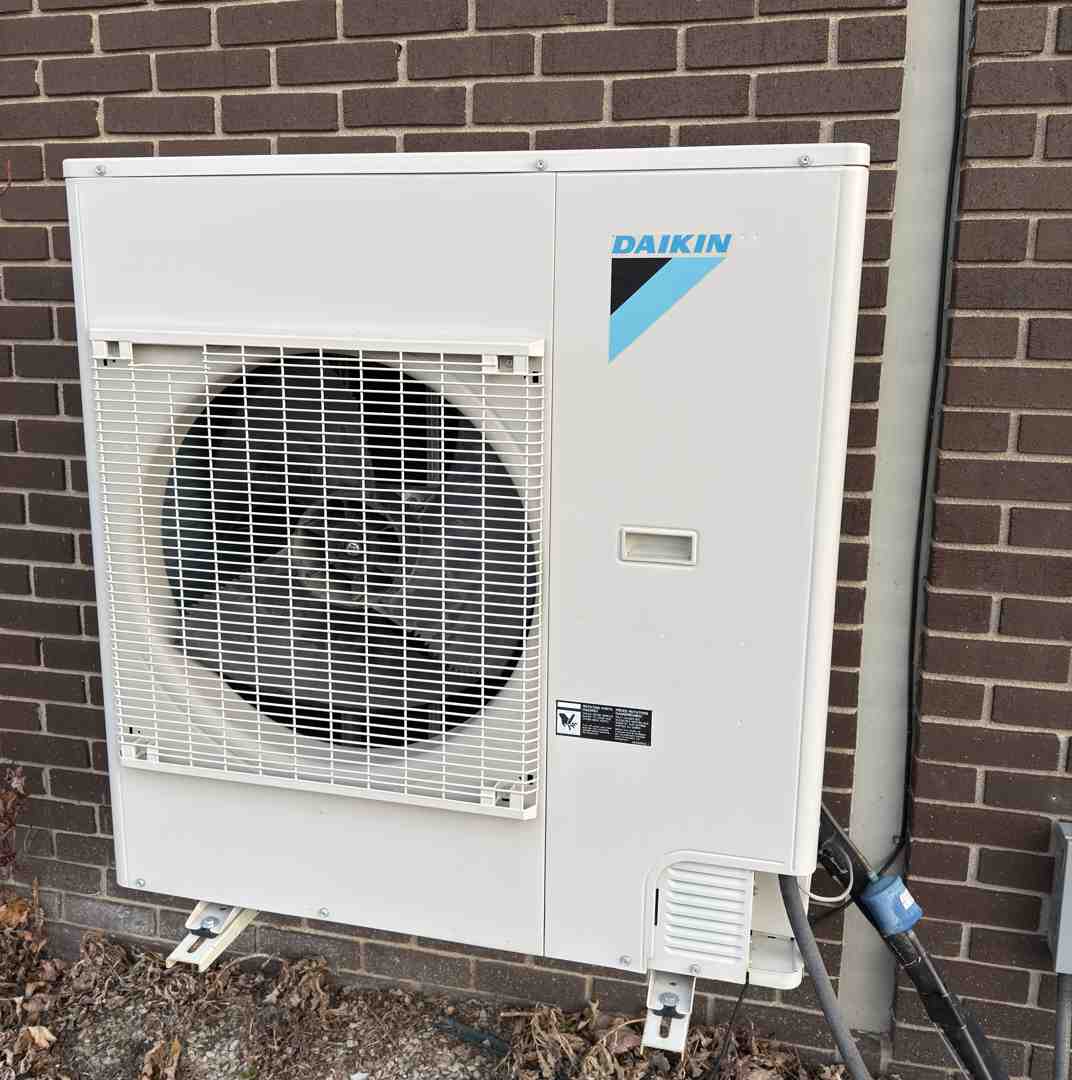Ensuring Clean Air: The Role of Air Quality in Home Comfort
Maintaining good air quality in your home is essential for comfort and health. Air quality affects how you feel each day. It also influences the overall environment inside your house. Clean air reduces allergens, removes pollutants, and helps maintain optimal humidity levels. All these factors contribute to a more comfortable living space.
Understanding Air Quality and Its Importance
Air quality refers to the cleanliness and healthiness of the air inside your home. Good air quality means the air is free from pollutants and allergens that can affect your well-being. Poor air quality, on the other hand, can have harmful effects on your health and comfort.
Maintaining good air quality is crucial for several reasons. Firstly, it helps to reduce health risks associated with indoor pollutants. These risks can range from minor irritations like sneezing and coughing to more serious respiratory issues. Secondly, clean air enhances the overall comfort of your living environment. It minimizes unpleasant odors and helps maintain an optimal humidity level, making your home more comfortable to live in.
Awareness of air quality also promotes better air circulation and ventilation. Ensuring proper airflow can prevent the accumulation of stale air and reduce the concentration of harmful pollutants. This results in a fresher and more pleasant indoor environment. Understanding and prioritizing air quality is essential for creating a healthy and comfortable home.
Common Sources of Indoor Air Pollutants
Indoor air pollutants come from various sources within your home. Identifying these sources is the first step in managing and improving air quality. Here are some common sources of indoor air pollutants:
- Household Chemicals: Cleaning agents, paints, and solvents can release volatile organic compounds (VOCs) into the air. These chemicals can cause respiratory issues and other health problems if inhaled over time.
- Dust and Pet Dander: Dust mites and pet dander are common allergens that can affect air quality. Regular cleaning and using air purifiers can remove these particles from the air, reducing allergy symptoms.
- Cooking and Heating: Cooking activities and certain heating methods can release particles and gases into the air. Gas stoves, for example, can emit nitrogen dioxide, which can be harmful when inhaled.
- Mold and Mildew: Damp areas in the home, such as bathrooms and basements, can harbor mold and mildew. These fungi release spores into the air, which can cause respiratory problems and allergic reactions.
- Smoking: Tobacco smoke contains numerous harmful chemicals that can linger in the air and affect indoor air quality. It poses significant health risks not only to smokers but also to non-smokers exposed to secondhand smoke.
- Building Materials: Some building materials and furnishings, such as asbestos-containing products and certain types of insulation, can release pollutants into the air. These materials can have long-term health effects if their particles become airborne.
By being aware of these common sources, homeowners can take proactive steps to reduce the presence of indoor air pollutants and improve the overall air quality in their homes. Regular maintenance and proper ventilation play crucial roles in managing these pollutants and ensuring a healthier living environment.
The Impact of Air Quality on Home Comfort and Health
Air quality has a significant impact on both home comfort and health. Poor air quality can lead to a range of health problems, affecting everyone in the household, especially those with preexisting conditions such as asthma or allergies. Clean air, on the other hand, enhances well-being and creates a pleasant living environment.
When air quality is compromised, you'll likely experience immediate discomfort, such as dry eyes, headaches, and throat irritation. Long-term exposure to poor air quality can lead to chronic respiratory conditions and other serious health issues. Children and elderly family members are particularly vulnerable to these negative effects, making it essential to prioritize air quality.
Air quality also affects home comfort by influencing humidity levels and removing unpleasant odors. Proper indoor air regulation helps maintain an optimal humidity level, preventing problems like mold growth and dry skin. Removing pollutants and odors ensures that your home smells fresh and feels comfortable. Improving air quality has a noticeable effect on the overall comfort and livability of your home, making it a critical aspect of home maintenance.
Effective Solutions for Maintaining Good Air Quality
Ensuring good air quality involves a combination of regular maintenance and adopting specific practices. Here are some effective solutions for maintaining good air quality in your home:
- Regular Cleaning: Dust and allergens accumulate easily. Regular vacuuming and dusting help minimize these pollutants. Pay special attention to areas under furniture and in corners where dust can gather.
- Air Purifiers: Using air purifiers with HEPA filters can significantly improve air quality. These devices capture harmful particles and allergens, ensuring cleaner air in your home.
- Proper Ventilation: Ensure your home has adequate ventilation. Open windows when the weather permits to allow fresh air to circulate. Exhaust fans in kitchens and bathrooms can also help remove pollutants and moisture.
- Control Humidity: Maintain optimal humidity levels using dehumidifiers or humidifiers as needed. This prevents mold growth and reduces the spread of allergens.
- Maintain HVAC Systems: Regular maintenance of your HVAC systems by our professionals ensures they function efficiently. Clean and change filters periodically to prevent the buildup of dust and pollutants.
- Natural Solutions: Adding houseplants can naturally enhance air quality. Plants like spider plants and snake plants help filter out toxins and improve indoor air.
Implementing these solutions can make a significant difference in the quality of air in your home. Consistent efforts toward maintaining good air quality will lead to a healthier and more comfortable living space.
Conclusion
Air quality plays a vital role in ensuring home comfort and promoting health. It influences everything from how comfortable you feel to your overall well-being. Improving air quality requires identifying sources of pollutants and taking proactive measures to manage them. Simple steps like regular cleaning, using air purifiers, and ensuring proper ventilation can make a big difference.
By focusing on maintaining good air quality, you create a healthier environment for you and your family. Poor air quality can have long-lasting effects, while clean air enhances comfort and health. Regular maintenance and mindful practices are key to achieving and sustaining good air quality.
For professional guidance on improving the air quality in your home, contact LCS Heating & Cooling. Our team of experts is here to help ensure that your home remains a healthy and comfortable place to live. Call us today to learn more about our indoor air quality solutions in Indianapolis, IN, and how we can assist you.

